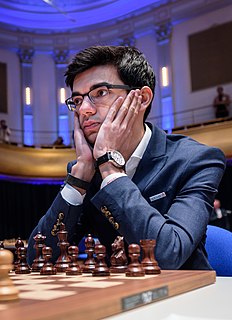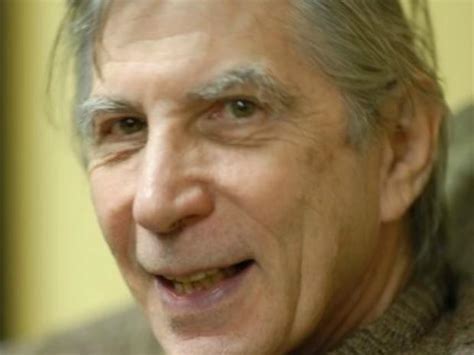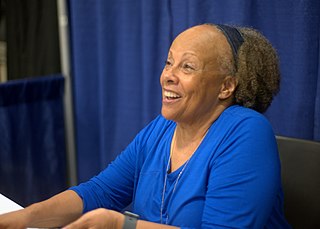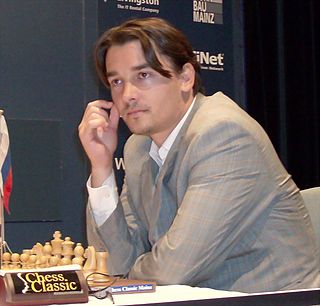A Quote by Anish Giri
If you are serious about being a professional chess player, do know what your parents think and what their expectations are from you.
Related Quotes
I was a professional chess player in Romania, but only a small-time master. When I came to France, I continued playing chess for many years: I played tournaments in numerous countries with mixed results. I wrote and published a book - La Défense Alekhine and translated two others from Russian. I taught chess in schools; I earned more money through chess than through literature.
Like Dvoretsky, I think that (all other things being equal), the analytical method of studying chess must give you a colossal advantage over the chess pragmatist, and that there can be no certainty in chess without analysis. I personally acquired these views from my sessions with Mikhail Botvinnik, and they laid the foundations of my chess-playing life.
I used to play a lot of chess and competitive chess and study chess and as you get to the grandmasters and learn their styles when you start copying their games like the way they express themselves through... The way Kasparov or Bobby Fischer expresses themselves through a game of chess is it's astonishing. You can show a chess master one of their games and they'll say "Yeah, that is done by that player."
Harry's status as orphan gives him a freedom other children can only dream about (guiltily, of course). No child wants to lose their parents, yet the idea of being removed from the expectations of parents is alluring. The orphan in literature is freed from the obligation to satisfy his/her parents, and from the inevitable realization that his/her parents are flawed human beings. There is something liberating, too, about being transported into the kind of surrogate family which boarding school represents, where the relationships are less intense and the boundaries perhaps more clearly defined.

































